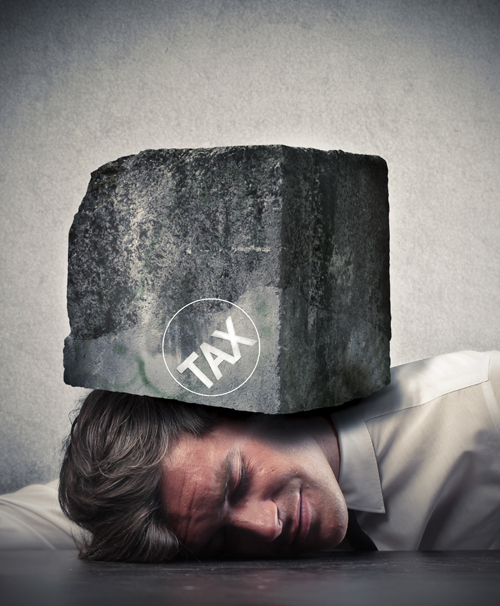News
Government set to charge fees for tax dispute appeals

The government has forged ahead with plans to impose fees for taxpayers wishing to appeal to a tax tribunal.
Currently, taxpayers are not required to pay anything to the tribunal service in order to have their appeal heard, though they do have to meet their own legal costs.
But the government has confirmed that it will charge a fee of £20 for fixed penalty notice appeals of £100 or less to help plug the estimated £8.7m per year cost to run the chamber – a move which has provoked much criticism.
Further, the fee in the upper tribunal is now set to go from zero to £2,000.
‘Fundamentally wrong to pay to challenge decision of the state’
A consultation on the proposals which asked whether respondents agree with the proposed fee structures took place last year and it attracted 73 responses, with 54 disagreeing, 17 agreeing and two agreed in part.
While some said the fees proposed were proportionate, reasonable and they understood the rationale behind the introduction of the fees, the common arguments against the move were:
- The fees would restrict access to justice
- The fees would negatively affect HMRC’s behaviour and decision making
- HMRC should pay the application fee, not the taxpayer
- On the First-tier proposed fee of £50 to appeal a £100 fixed tax penalty would be disproportionate
- On the upper tribunal proposals, the £2,000 appeal fee would prohibit small value cases from appealing a decision.
Andrew Hubbard of RSM, a global audit, tax and consulting firm, said: “Our objections were about both the principle and the amounts. In a tax dispute a taxpayer will be appealing against a decision made by the state, and it seems fundamentally wrong that they should be required to make a payment in order to challenge a decision of the state.
“Our concerns about the amounts were directed mainly against appeals against fixed penalties. A taxpayer faced with a penalty of £100 would face a fee of £50 just to lodge the appeal and if there was a hearing to decide the appeal, then would pay a further £200 which wouldn’t be refunded if the penalty was cancelled.”
Hubbard continued: “The government says ‘it is right that users of the courts and tribunal services should make a financial contribution towards the costs of these services’. This makes it sound as if taxpayers are somehow making a voluntary decision to ‘use’ the tribunal service just as they might decide to use a taxi rather than walk. It is worth repeating the reality. Taxpayers are ‘using’ the tribunal service because the state has made a tax decision with which they disagree. They shouldn’t have to pay to exercise their right to defend themselves against the state.”
At present, a timeframe has yet to be given on when the plans will be implemented, though in the government’s response, it did say it will “bring forward the statutory instruments for the majority of proposals as soon as Parliamentary time allows”.
[article_related_posts]
